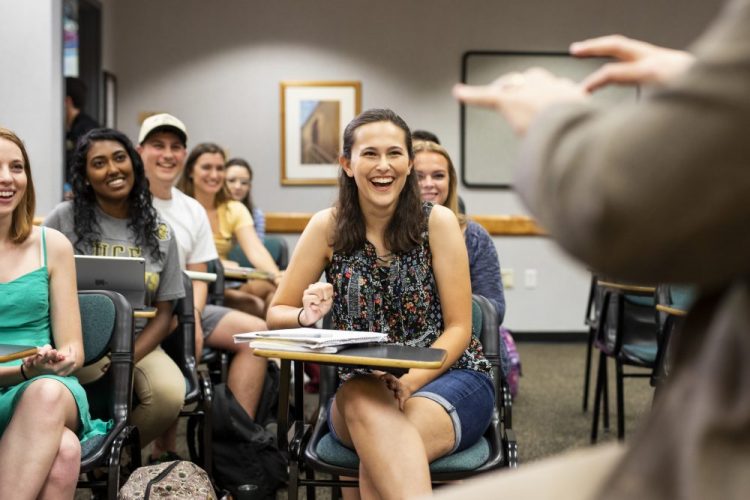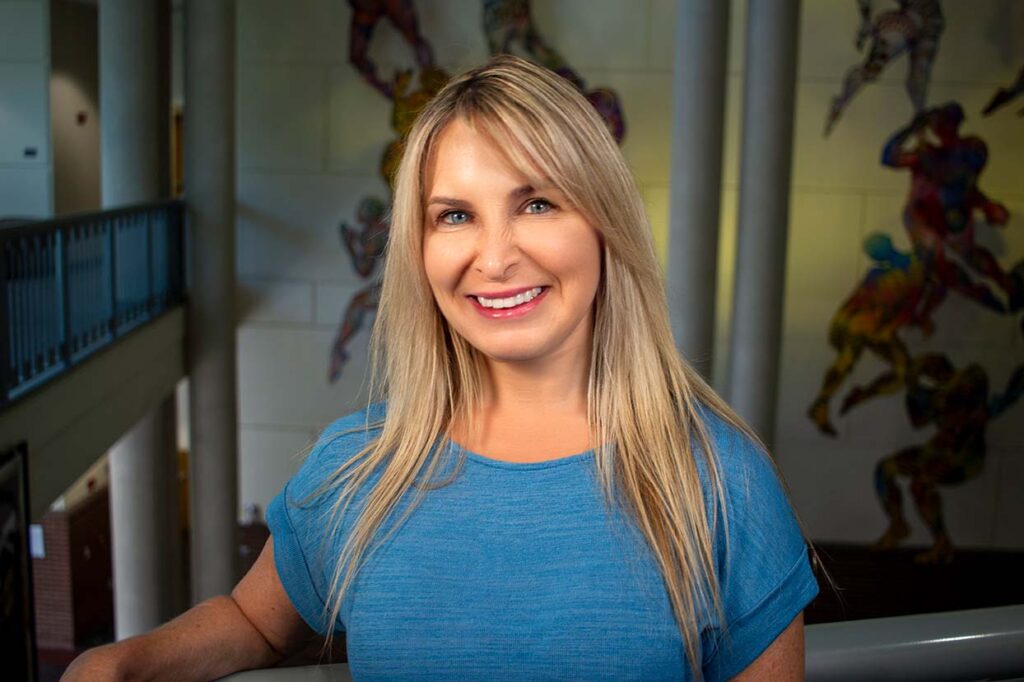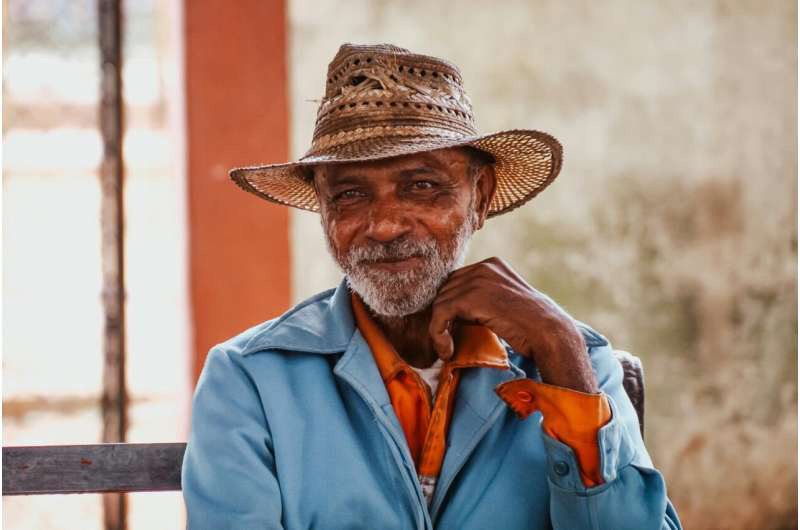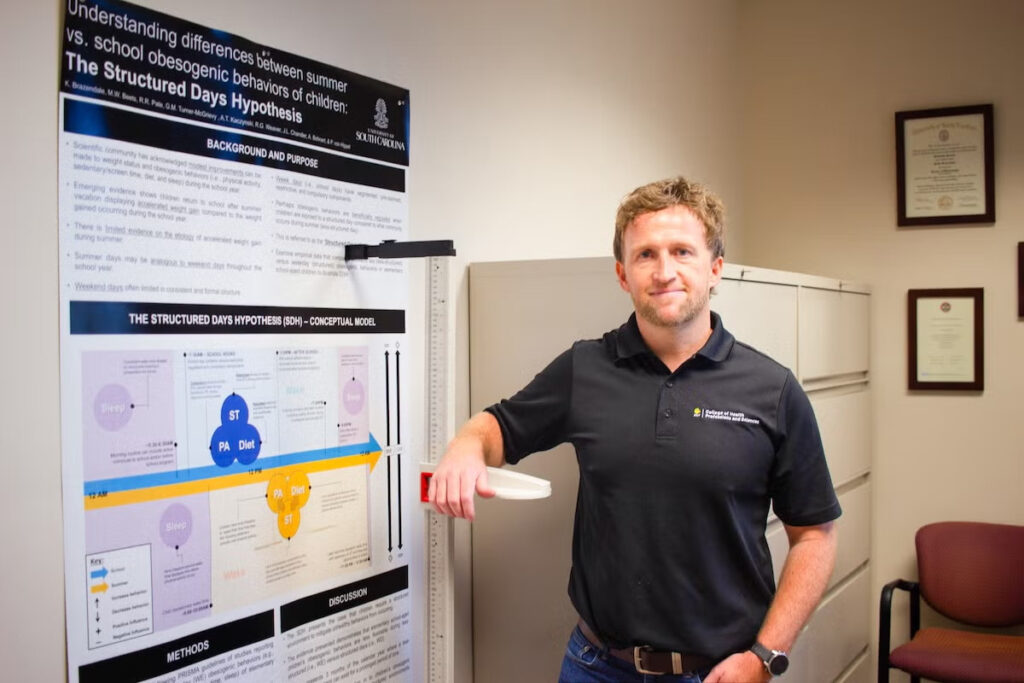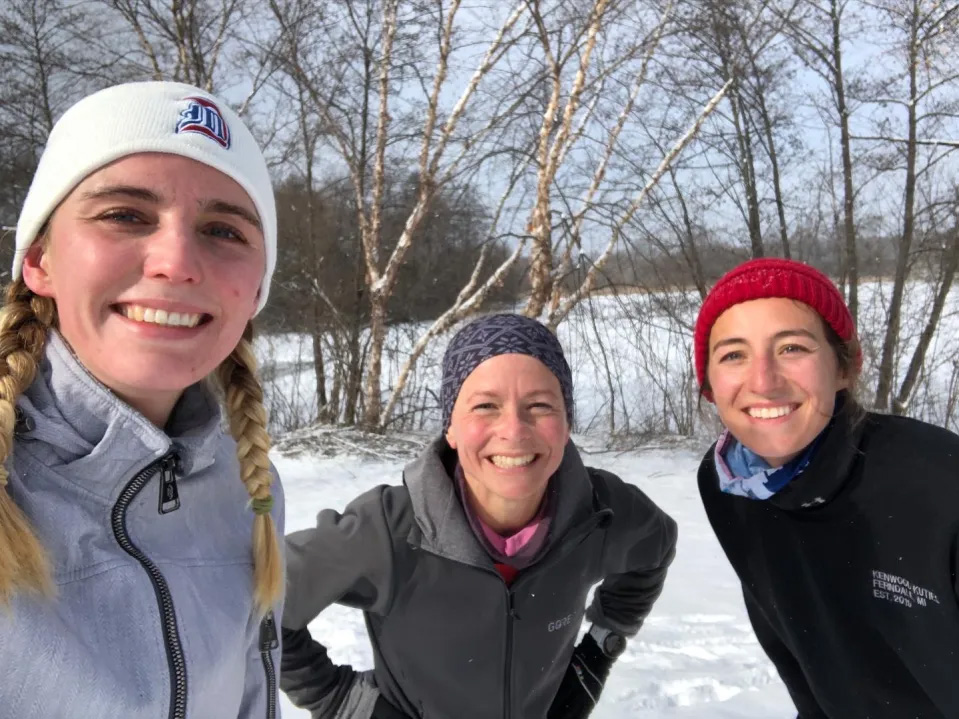Faculty in the College of Health Professions and Sciences work diligently to ensure students receive the best educational experience in the classroom, while supplying “real-world” skills that aid them in their future careers.
This is most visible in courses with the “high-impact” designation. These courses focus on practical experiences that prepare students for scenarios and experiences they will face after graduation. The designation is awarded by UCF and signifies that the course meets the required criteria for enhancing learning.
There are three categories of high-impact courses at UCF: Integrative Learning Experience, Research Intensive, and Service Learning. While each designation has its own specific criteria, the common thread is enhancing students’ critical thinking skills, ability to set and attain goals, and acquiring practical skills for their next step— whether that’s a career or graduate school. To earn the high-impact designation, faculty must submit documentation of how their class meets the requirements of the designation and be approved by a committee.
“I had included a research paper as part of the course since its conception in Fall 2017, so it wasn’t a complete rehaul of my class, just an enhancement,” said Eunkyung Lee, assistant professor in Health Sciences who teaches HSC 4501 Epidemiology of Chronic Diseases, a Research Intensive High-Impact Course. “I got involved in the HIP coach scholarship program in Spring 2019 to help with the application process. Reshaping the course took extra effort and time, but the application process is manageable, and I was supported by my department chair and faculty who teach the same course, as well as the Office of Undergraduate Research.”
There are nine high-impact courses in the College of Health Professions and Sciences; two integrative-learning courses, three research-intensive courses and four service-learning courses.
Students enrolled in high-impact courses reap a variety of benefits from these courses, says Suha Saleh, assistant dean for undergraduate affairs. These benefits include learning how to do research, more “hands-on” learning, and a deeper understanding of their major.
“These courses help students see the connection between what they are learning, to an application in the real world, as opposed to isolated learning of different topics and subjects,” Saleh said.
Take familiarity with conducting research for example. According to a survey of 145 students from a health sciences class last fall, 75 percent were interested in conducting research, but only 26 percent reported having that experience through a class project. By taking a Research Intensive High-Impact Course, students gain experience in designing a research project and conducting research, which builds their confidence to continue participating in research projects.
Instructor Martha Garcia-Stout’s HSC 4008 Professional Development in Health Professions is designated as an Integrated Learning Experience High-Impact Course and is a great example of teaching “real-life” skills. Her class is focused on helping Health Sciences majors prepare to submit applications to grad school or apply for their first job in their career.
“The goal is, by the end of the course, they have a completed professional portfolio with a resume, a cover letter, are confident in their interviewing skills and are ready for their next step in their professional development,” she said.
Garcia-Stout says students appreciate the class and feel they have an advantage over their peers.
“They are more self-aware and more mature coming out of the class and prepared to take that next step in terms of their career,” she said.
Students can see the high-impact course designation when they go to register for classes. Explanation of the designation is also included in the syllabus of these courses.
